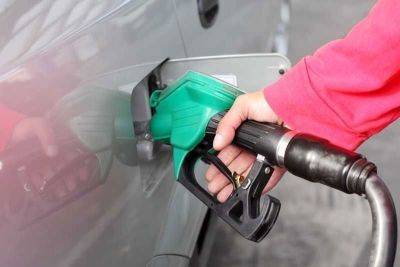Climate pledges of big firms 'critically insufficient' — report
PARIS, France — From carmakers to fast fashion, dozens of major international companies are failing to reduce their greenhouse gas emissions at the pace required to slow climate change, a report said Tuesday.
The nonprofit research groups NewClimate Institute and Carbon Market Watch looked at the climate pledges of 51 multinational firms and found many brands were inflating their sustainability claims.
Distinguishing real cuts to planet-heating greenhouse gas emissions from "unsubstantiated greenwashing" was a major challenge, particularly for consumers, they said.
Taken together, the brands scrutinized in this report—mostly household names including H&M Group, Nestle and Toyota—accounted for 16 percent of global emissions in 2022.
But their efforts were "critically insufficient" to limit global temperature rises to 1.5 degrees Celsius—the safer limit set under the 2015 Paris climate agreement.
While "the collective ambition of companies' 2030 climate pledges has gradually improved over the last two years... most companies continue to fall far short of the economy-wide emission reductions required", the report said.
Global emissions need to be reduced by 43 percent by 2030 to align with the Paris goals, according to United Nations climate scientists.
These companies, on average, would be reducing their emissions by 33 percent under their current commitments, the report said.
Some firms could even be backsliding on their promises.
The report noted a growing call from the corporate sector for "flexibility" in how climate targets are met, namely through using carbon credits.
These allow businesses to offset their emissions by directing money toward a project that reduces or avoids emissions, such as protecting forests.
Critics say they allow companies to keep polluting.
"We can't afford wasting time with leniency and room for this creative accounting," Benja Faecks of Carbon Market Watch told reporters.
The companies assessed in this report—majors from the automotive, food and agriculture, fashion and energy sectors—were rated against the honesty of their climate pledges and progress toward the 1.5-degree-Celsius benchmark.
None scored the top rating of "high







